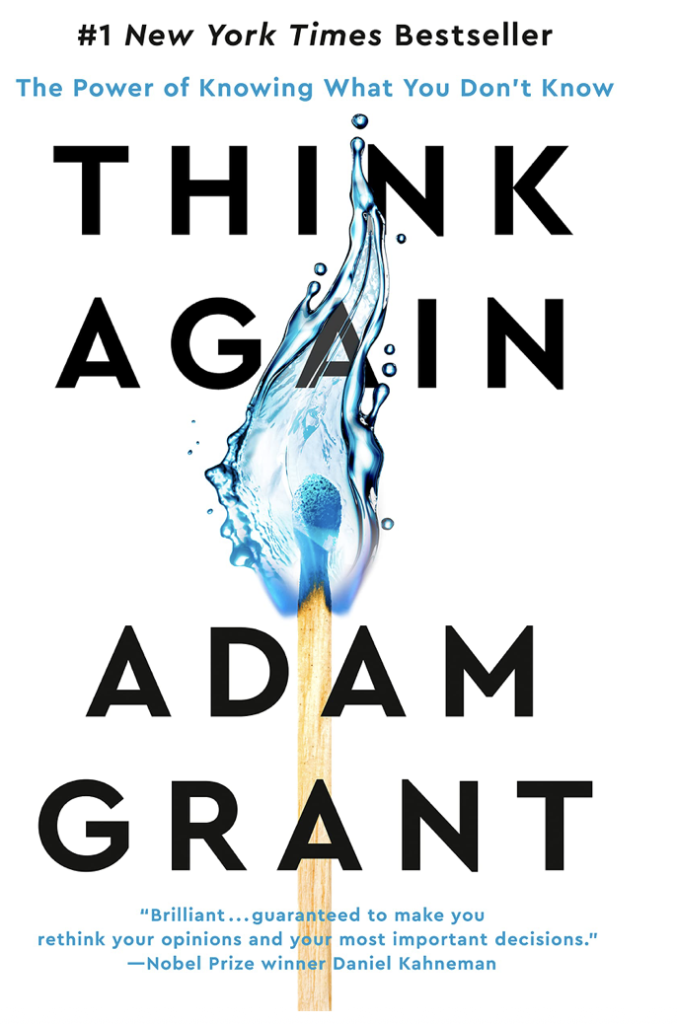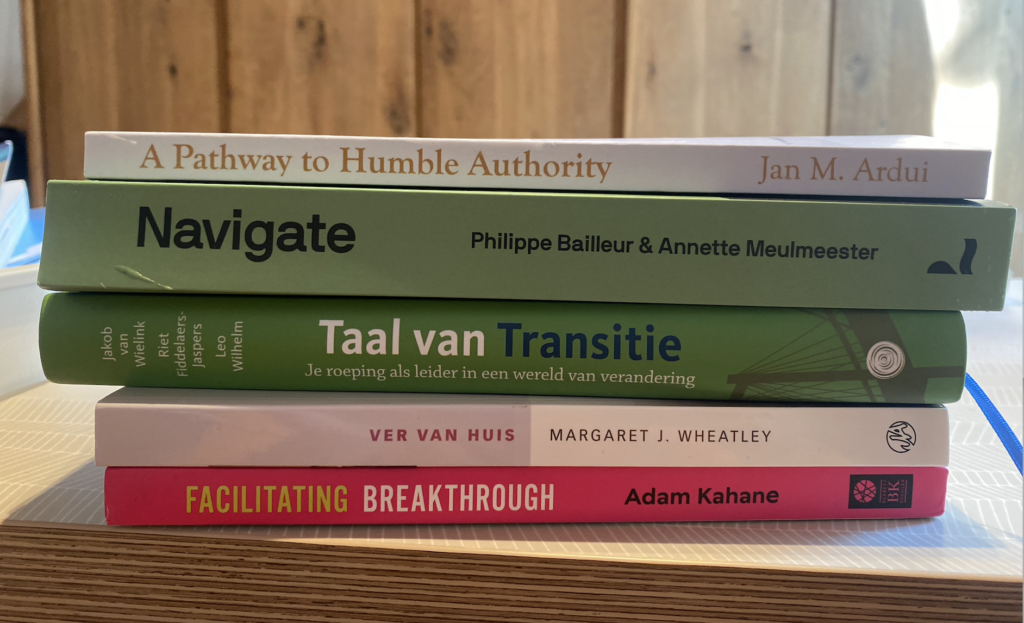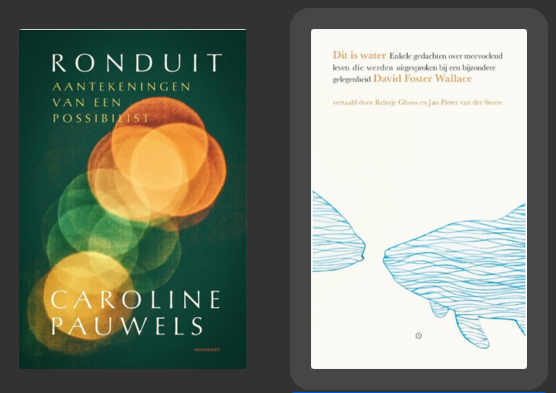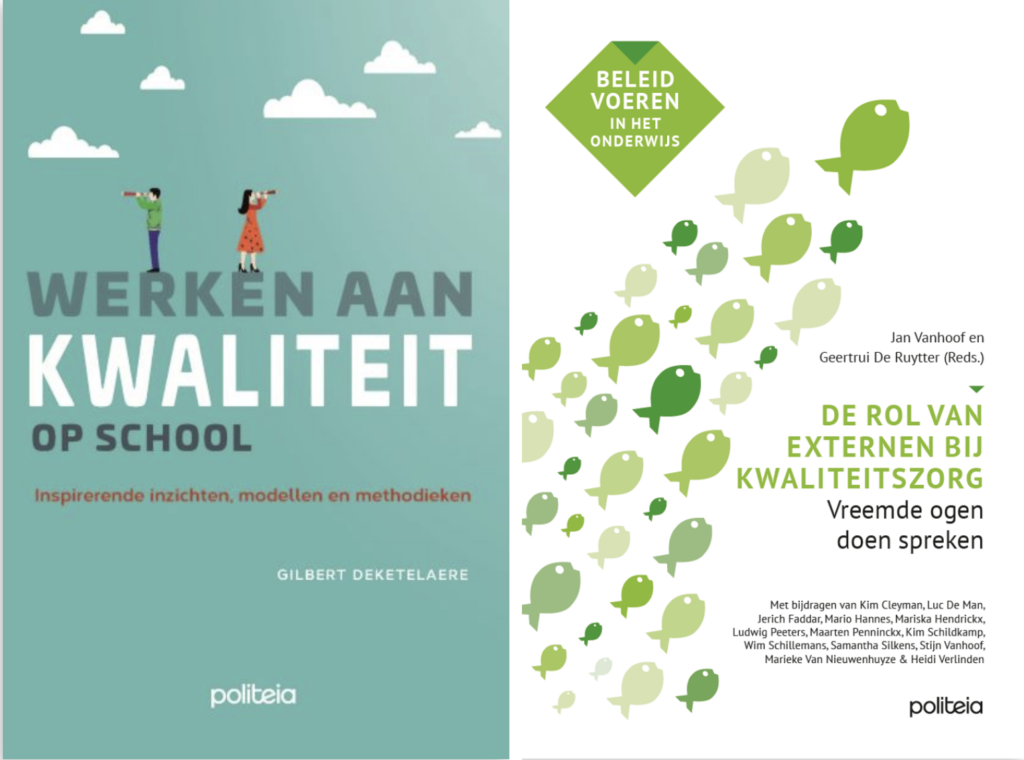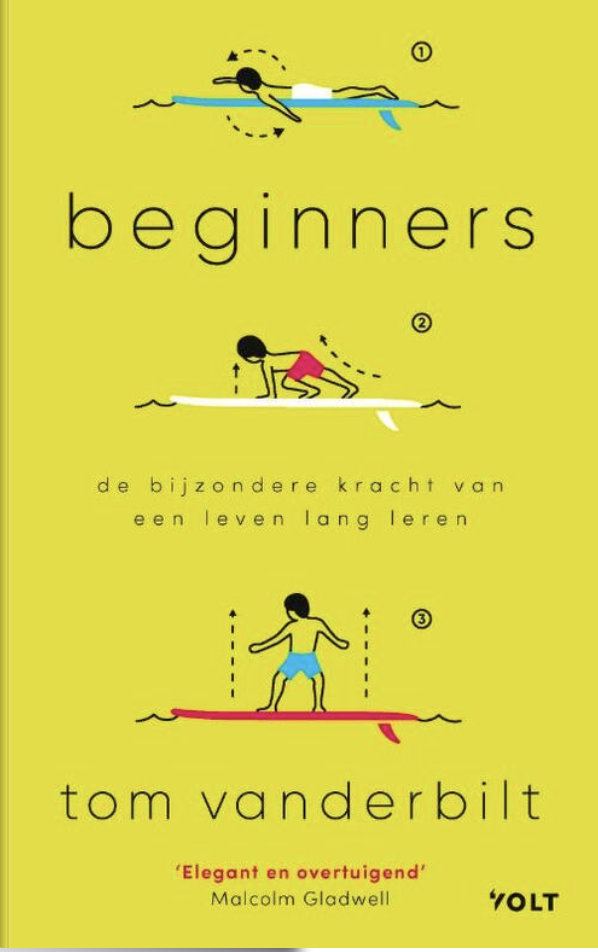The body of the book is preceded by a true story of firemen in the prologue. It is a powerful and vivid story of how unlearning habits and disregarding instincts is – in this case – lifesaving. With this introduction, Grant sets the tone for his narrative writing style that spices up the more scientific data spread throughout the book.
One of the chapters that I found most interesting, is ‘the good fight club’ on the psychology of constructive conflict. As Grant articulates, the absence of conflict is not harmony, it is apathy. That is an intriguing and inspiring way of looking at struggles and clashes. The author makes the compelling distinction between task conflict and relationship conflict. Where the first leads to productive rumble, the second is energy draining and destructive because it stands in the way of rethinking. Grant brightly illustrates how the ‘art of rethinking’ is key in developing the skill of generative disagreement. Good fights turn a diversity of thoughts into innovative outcomes. It strengthens our ‘creative muscle’ and makes us more civil. This chapter nicely exhibits how rethinking is an underlying competence of many generic capabilities of the contemporary professional in agile organisations.
Towards the end, the reader is pleasantly surprised by a ‘track changes’ epilogue, showing the author’s own rethinking process of the conclusion from one draft to the next. It is a very original and pleasant way of entering in Grant’s mind and a refreshing example of teaching as you preach and showing vulnerability as a writer. The cherry on the cake is the final chapter, addressing those who seek hands-on takeaways listed as ‘actions to make impact’.
This publication is a comprehensive invitation to choose courage over comfort. It is much easier to stay stubborn, sticking to your own convictions, than to admit your not-knowing, questioning your own viewpoints and decisions. Grant succeeds in making his point very clearly by mixing powerful insights with anecdotes, humour and graphs. He takes us on an immersive trip by giving words and meaning to things you already know and feel but never really succeeded in pinpointing accurately.
As a storyteller, Grant sometimes gets tangled up in too long digressions. This feeling might be reinforced by the fact that I am a non native English reader, which makes the meandering way of writing a bit tiring. The consequence of this kind of expansion is that the essential message sometimes gets lost in a pile of vivid, picturesque examples, narratives and sidetracks. One thing is clear: the author did not rush to judgement. The extensive list of notes proves that he took his own appeal seriously: keep on exploring over and over.
Looking through my glasses as an organisational coach, I would suggest the author to explore more the implications of his argument for the way teams and organisations can flourish. There lies some opportunity to further develop rethinking as a team competence to tackle complex issues in a VUCA world.
In brief: Think Again is a lovely read for all those who are willing to dive into the adventure of truly embracing the experience of self-investigation, curiosity and thinking twice.
Grant, A. (2021). Think again. Londen: Ebury Publishing

